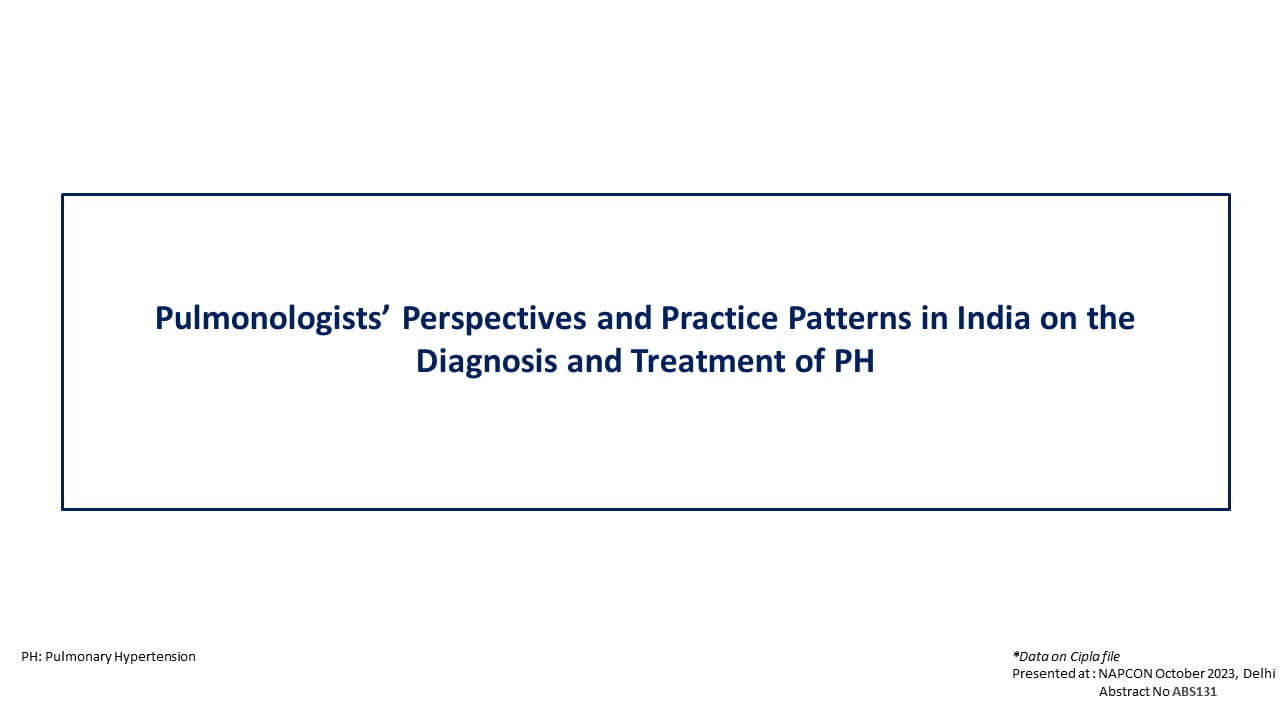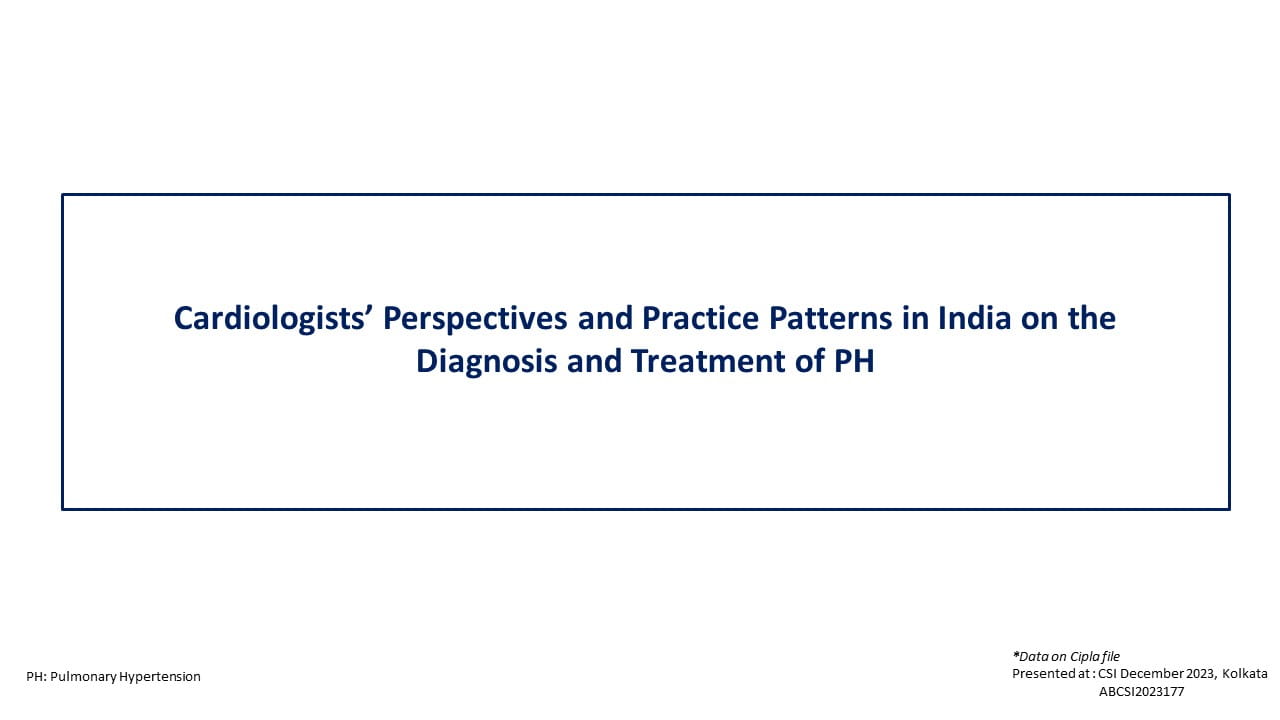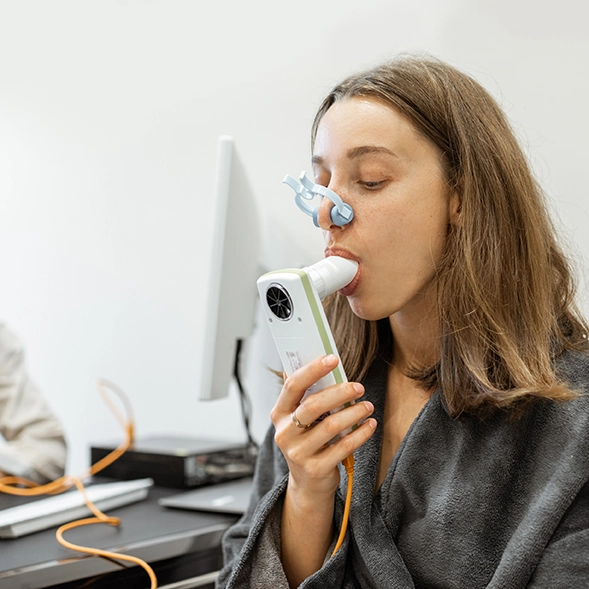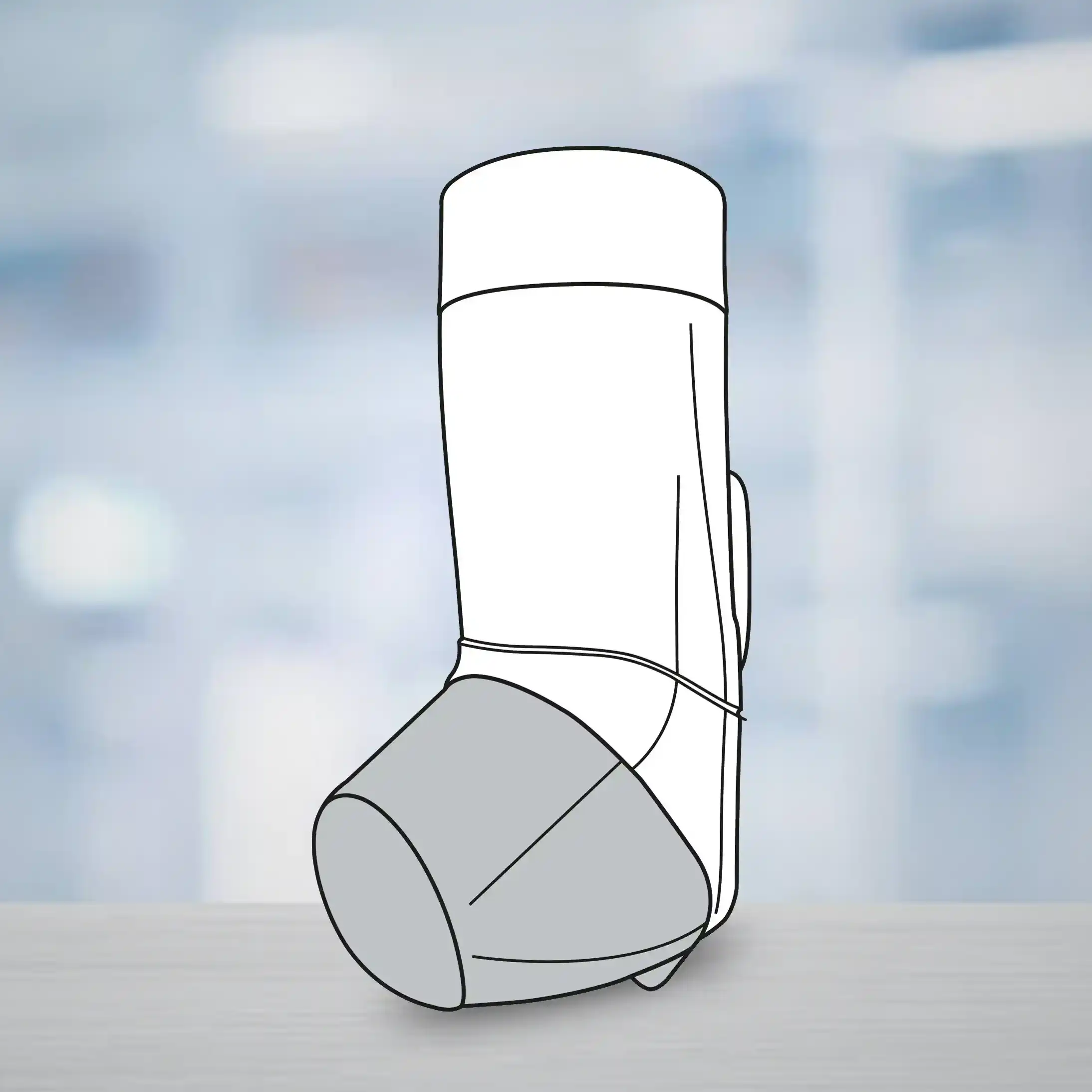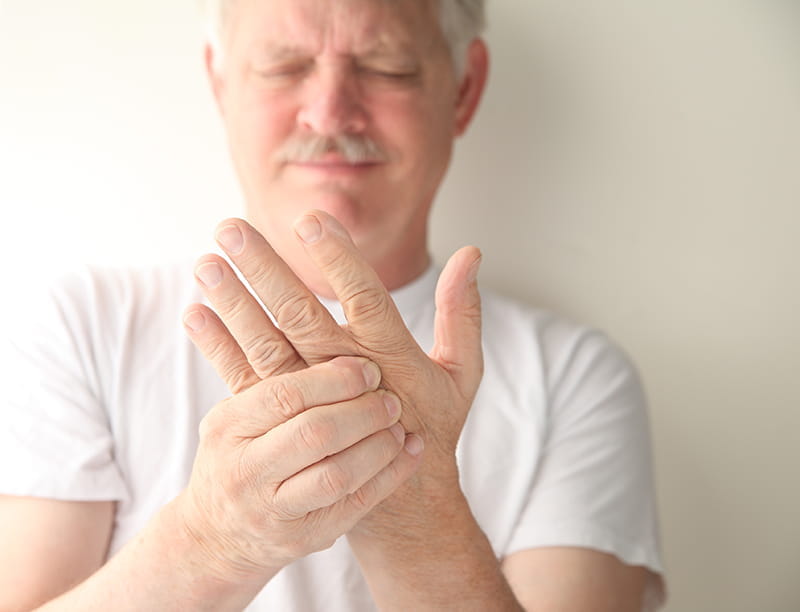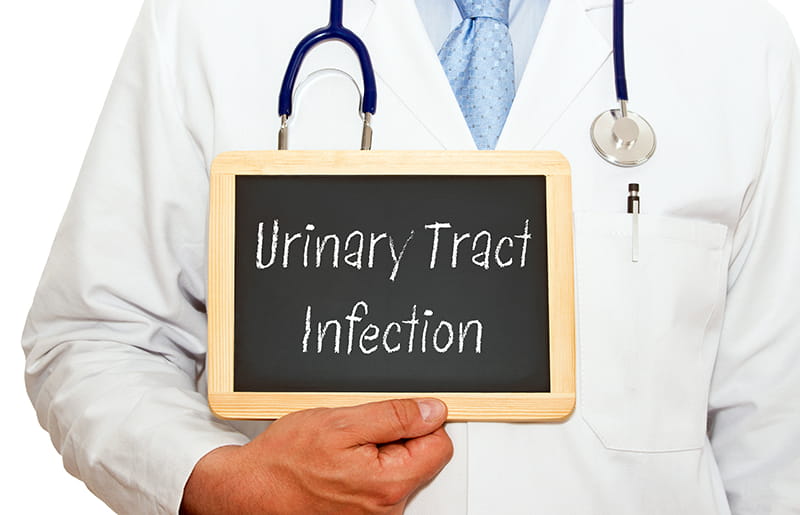Introduction
Covert hepatic encephalopathy (CHE) negatively impacts the health-related quality-of-life (HRQOL) and increases the risk of development of overt HE. CHE also increases the risk of mortality and hospitalized patients with liver cirrhosis. Clinical studies have demonstrated the efficacy of rifaximin in reversing CHE and improving QoL.
Aim
This study evaluated the efficacy and safety of low-dose (800 mg/day) and high-dose (1200 mg/day) rifaximin in the treatment of cirrhotic patients with CHE.
Method
Study Design
-
Prospective, single-center, randomized, controlled, open-label study
Patient Profile
-
Liver cirrhotic patients with CHE aged between 18-70 years
-
Diagnosis of CHE by both psychometric hepatic encephalopathy score (PHES) and Stroop test
Treatment Strategy
-
A total of 40 patients were randomized to low-dose rifaximin 800 mg/day (400mg, bid) (n=12), high-dose rifaximin 1,200 mg/day (600mg, bid) (n=14), and control groups (n=14), and treated for 8 weeks
Endpoints
Primary Endpoints
-
Reversal of CHE at 4 and 8 weeks
-
Improvement in health-related quality of life (HRQOL) assessed by sickness impact profile (SIP) scale at 8 weeks
Secondary Endpoints
-
Changes in PHES and Stroop test at 4 and 8 weeks
Safety Endpoints
-
Incidence of adverse events (AEs)
Results
-
The baseline clinical and demographic characteristics were similar among the 3 groups.
-
There were no significant differences in proportion of patients with CHE reversal at 4 weeks.
-
However, at 8 weeks, the percentage of patients with CHE reversal was significantly higher in both the low-dose and high-dose groups than in the control group as seen in Figure 1.
Figure 1. % of patients with CHE reversal at 8 weeks
-
The improvement in the total SIP score was significant in both the rifaximin groups as compared to control group.
-
There were no significant differences in the CHE reversal rate, total SIP score improvement, and incidence of adverse event between the low-dose and high-dose groups (p>0.05).
-
The PHES mZ-score was remarkably higher in the high-dose rifaximin group than control at 8 weeks; p=0.017
-
Low-dose and high-dose rifaximin groups had significantly higher changes in PHES mZ score (4.92+4.32 vs 1.36+3.32, p=0.021: 4.71+3.65 vs 1.36+3.32, p=0.023 respectively)
-
Changes in the Stroop test scores were not significant at both the timepoints.
Conclusion
-
The efficacy and safety of low-dose rifaximin 800 mg/day was equivalent to that of high-dose 1200 mg/day in terms of covert hepatic encephalopathy reversal and improvement in health-related quality-of-life in cirrhotic patients after 8 weeks of treatment.
J Clin Transl Hepatol. 2022 Dec 28;10(6):1099-1106. Doi: 10.14218/JCTH.2021.00457.


